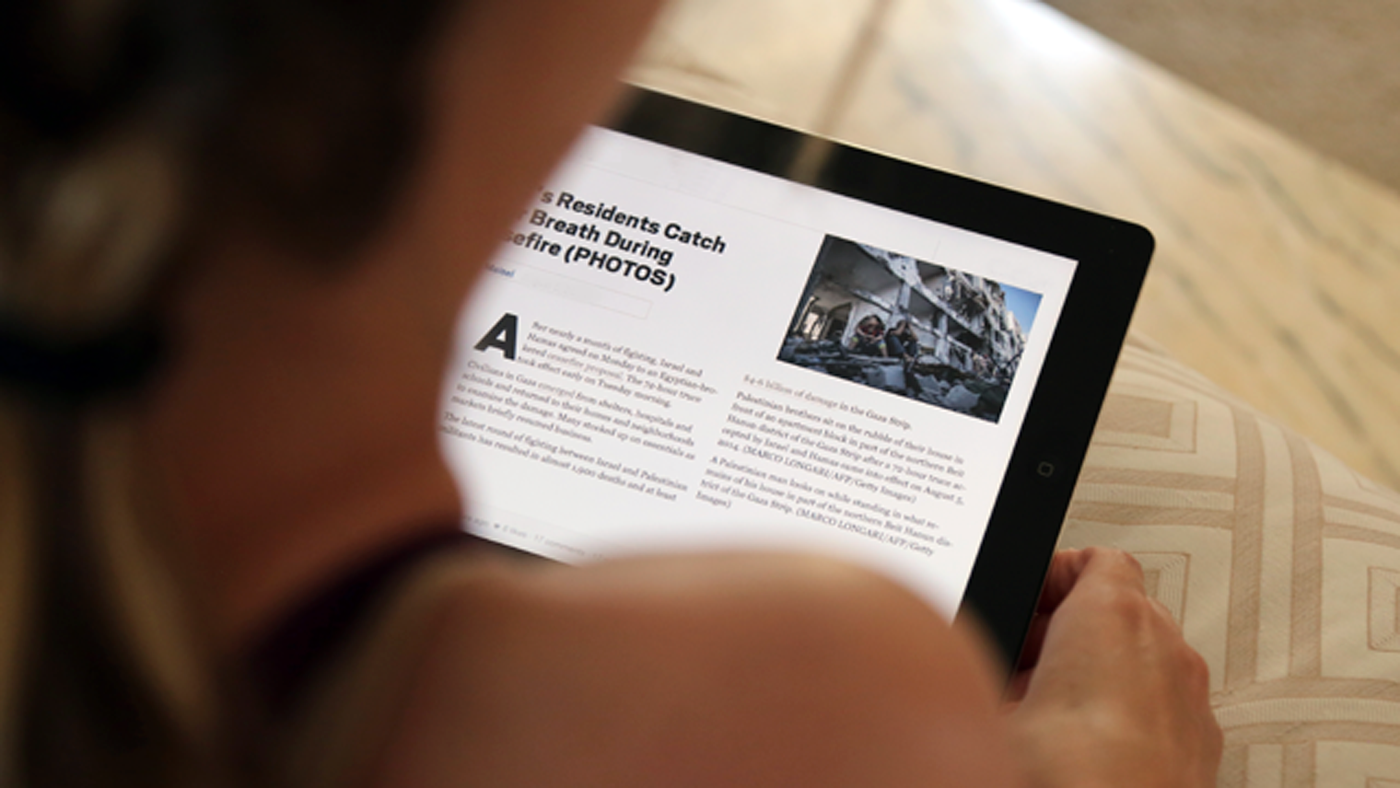Popular News Fundamentals Explained
Popular News Fundamentals Explained
Blog Article
The Only Guide for Popular News
Table of ContentsGetting My Popular News To WorkThe Only Guide to Popular NewsOur Popular News DiariesPopular News Things To Know Before You BuyThe 8-Minute Rule for Popular News
HELOCs, on the other hand, provide you with a possibility to obtain more cash at lower rate of interest rates for longer durations. "Usually, a HELOC will certainly be much more flexible than a personal lending, and they often bring a reduced passion rate," states Whitehead.It enables you to obtain versus your equity with a round figure amount or installment repayments. Lenders don't call for settlements as long as your home remains your key home, but passion and fees build up as long as you have a superior equilibrium. Popular News. A HELOC can be much better since you don't have to go to least 62 and it enables you to obtain on an as-needed basis
If you have a home and have enough equity, a HELOC can supply a far better remedy. HELOC loan providers usually have versatile eligibility requirements like payday loan providers however use bigger financings, reduced interest prices and longer repayment terms.
First and foremost, lenders use every one of the above benefits in exchange for a lien on your home. That implies if you do not make all your payments on schedule, your home could enter into foreclosure. Because of this, it's important to be confident that you can make your HELOC payments on schedule and as agreed.
Getting The Popular News To Work
To obtain the finest deal, be sure to look around and contrast factors like lending amounts,, fees, repayment durations and rates of interest.

At that point, 58% of senior citizens said Social Safety and security was a major resource of income, basically the exact same as today. In each of the previous 17 years, Social Security has covered the listing of significant resources of earnings for retired people.
The smart Trick of Popular News That Nobody is Discussing
For these individuals, obviously, Social Protection is the bulk of their retired life. Even amongst retirees making $50,000 to less than $75,000 a year, regarding half (49%) record Social Protection as a major resource of income. (Social Security is much less likely to be a significant source of revenue among senior citizens making $75,000 a year and more, however this fortunate group is just about 22% of all retired people.
A Quinnipiac survey earlier this year revealed that much less than fifty percent of Americans, 45%, believed that the Social Safety and security system would certainly have the ability to pay "a benefit" when they were eligible to obtain it ("a" advantage could theoretically be as reduced as a buck a month, obviously). A Seat Study survey last December showed that 16% of Americans believed there would certainly suffice cash to provide advantages to older Americans when they were all set to retire, one more 42% claimed there would need to be reduced advantages, and 42% said there would certainly not be adequate cash in the system for them when they retired.
More than 6 in 10 of those under 50 assumed that they would not be able to get an advantage. This is not new. Some 36 years ago, a Gallup analysis reported that "63% of utilized Americans were worried they may not receive benefits at all when they reached retired life age, while one more 16% thought advantages may not be like they are now." Americans' problem regarding Social Safety in the future is likewise apparent from Gallup's annual April survey asking nonretirees to predict i loved this how essential a source of retirement income Social Safety will be when they retire.

The Best Guide To Popular News
Earlier this year, Social Protection placed fourth in value to Americans out of a checklist of 12 feasible top priorities for the president and Congress to handle, behind only education and learning, healthcare and the economy. This placed it in advance of other issues dominating the political discourse today, consisting of migration, environment adjustment and revenue inequality.
Older Gallup survey study located that a bulk of Americans concurred with just two prospective modifications out of the listing evaluated-- limiting benefits for well-off senior citizens and calling for higher-income employees to pay more into Social Protection. A study (PDF download) done for the National Academy of Government insurance program also revealed support for elevating the revenue cutoff point where employees no more pay into the system.
A Quinnipiac survey earlier this year revealed that less than fifty percent of Americans, 45%, believed that the Social Security system would have the ability to pay "a benefit" when they were qualified to get it ("a" advantage can in theory be as reduced as a dollar a month, obviously). A Pew Research study survey last December revealed that 16% of Americans thought there would certainly suffice cash to offer advantages to older Americans when they were all set to retire, another 42% stated there would need to be reduced benefits, and 42% claimed there would certainly not be sufficient cash in the system for them when they retired.
Well over 6 in 10 of those under 50 assumed that they would certainly not have the ability to obtain a benefit. This is not new. Some 36 years back, a Gallup analysis reported that "63% of utilized Americans hesitated they might not receive benefits at all when they got to old age, while an additional 16% thought benefits might not be comparable to they are currently." Americans' problem regarding Social Security in the future is likewise obvious from Gallup's yearly April survey asking nonretirees to forecast exactly how vital a resource of retired life revenue Social Safety and security will be when they retire.
The Best Guide To Popular News
At the same time, Social Security is hardly a top-of-mind concern for the average American, either. The crisis in Social Protection is not unavoidable, checks are still arriving, and less than half of 1% of Americans mention Social Safety when we ask the public, month after month, to call the most vital trouble dealing with the nation.
Previously this year, Social Protection ranked 4th in significance to Americans out of a list of 12 feasible concerns for the president and Congress to deal with, behind only education, healthcare and the economic situation. This put it ahead of other problems dominating the political discourse today, including migration, environment change and revenue inequality.
Older Gallup poll research located get redirected here that a bulk of Americans agreed with just 2 possible modifications out of the listing tested-- restricting benefits for rich retirees and requiring higher-income employees to pay even more right into Social Safety - Popular News. A study (PDF download) done for the National Academy of Government insurance program also revealed assistance for elevating the revenue cutoff factor where employees no longer pay into the redirected here system
Report this page